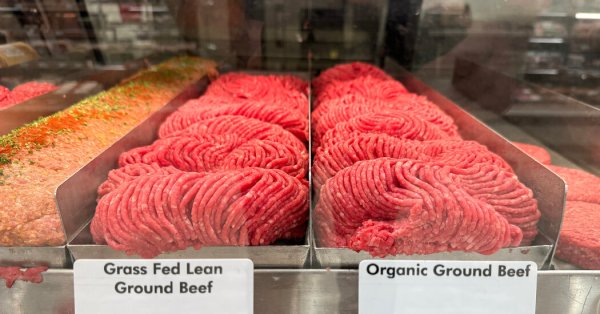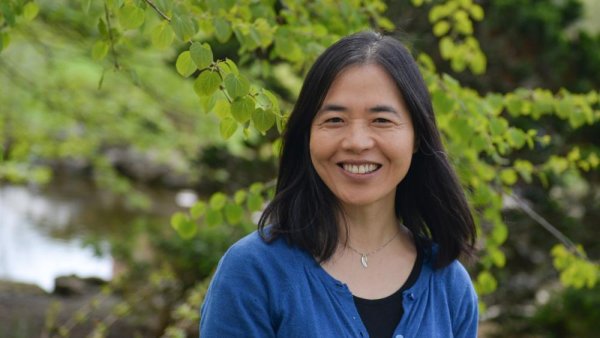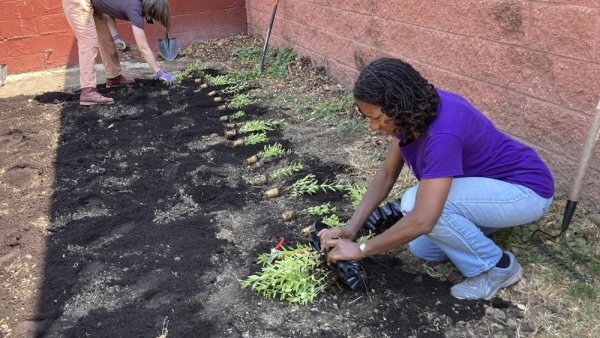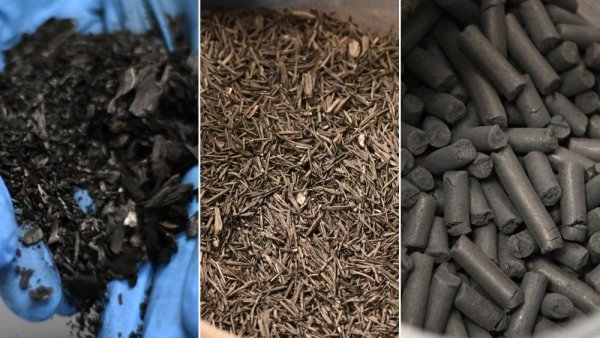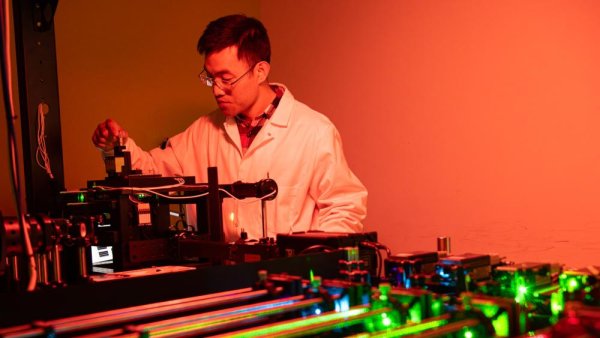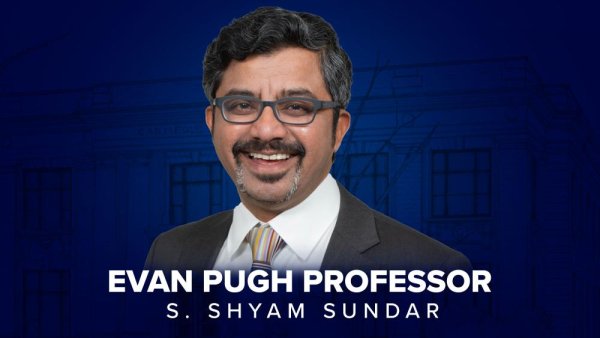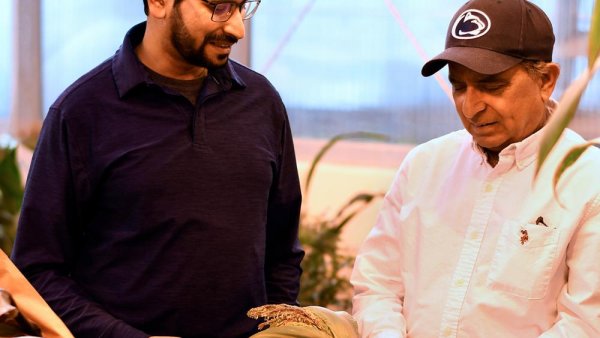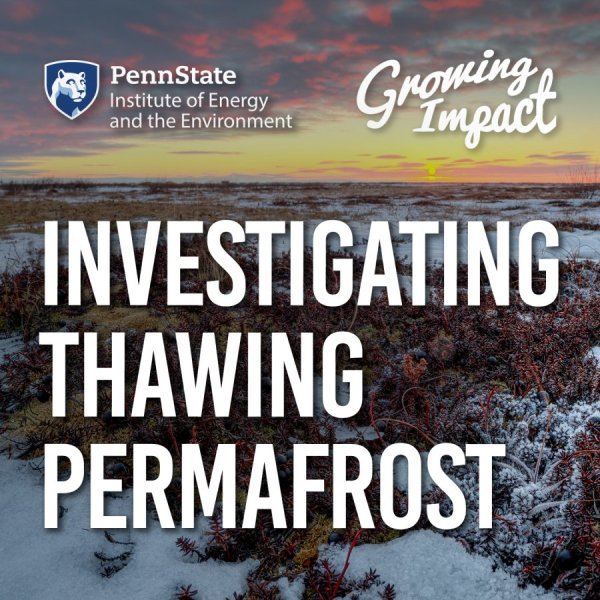E. Coli has been found in ground beef and walnuts. Here’s what to know.
| nytimes.com
The bacteria sickens an estimated 265,000 Americans each year. This article quotes Edward Dudley, professor of food science.
Wonder material "more remarkable" than graphene has medical potential
| newsweek.com
Borophene is already thinner and more conductive than graphene, and scientists have altered it to make it even more special. This article features Penn State research.
Engineering researcher awarded IEE 'Person of the Year' for 2023
| psu.edu
Li Li, the Barry and Shirley Isett Professor in Civil and Environmental Engineering at Penn State, is the 2023 recipient of the Institute of Energy and the Environment’s Person of the Year Award.
Firefly populations at risk due to climate change, urban development
| gettysburgtimes.com
Catching fireflies is an iconic summer experience for many people living in North America, but the flickering beetles are on the decline. This article features Penn State research.
Penn State Extension praised by state for native plant gardens in Philadelphia
| psu.edu
The Penn State Extension Master Watershed Steward program in Philadelphia County, in partnership with the Friends of Wharton Square Park, recently received a Governor’s Award for Environmental Excellence, presented annually by the Pennsylvania Department of Environmental Protection.
Video series shares sustainability lessons from trip to New Zealand, Australia
| psu.edu
If a picture is worth a thousand words, Annie Taylor hopes videos will bring an invaluable experience — an opportunity to learn about sustainability — to everyone, without traveling far from home. Last year, Taylor, senior assistant dean for distance learning in the Penn State College of Earth and Mineral Sciences, and Kaitlin Farnan, a business instructor at Penn State Altoona, led 20 Penn State students on a trip to New Zealand and Australia to learn about sustainable business practices.
Q&A: Decarbonizing steel manufacturing
| psu.edu
David Mazyck, professor and head of Penn State’s School of Engineering Design and Innovation, and Daniel Whisler, associate professor of engineering design, were awarded a three-year, $1.33 million grant from the U.S. Department of Energy to explore ways to decarbonize the steel and iron manufacturing industry.
Q&A: How can advanced chip packaging help redesign the future of semiconductors?
| psu.edu
Penn State engineers Madhavan Swaminathan and Daniel Lopez explain in a Q&A the importance of advanced chip packaging to the U.S. semiconductor industry and how Penn State-led initiatives help turn innovations in the lab into reliable domestic production.
Why is breaking down plant material for biofuels so slow?
| psu.edu
New research led by Penn State investigators has revealed how several molecular roadblocks slow the breakdown of cellulose for biofuel production. This process, if accelerated, could avoid concerns around using a food source like corn for biofuels while taking advantage of abundant plant materials that might otherwise go to waste.
Bee body mass, pathogens and local climate influence heat tolerance
| gettysburgtimes.com
How well bees tolerate temperature extremes could determine their ability to persist in a changing climate, according to a Penn State College of Agricultural Sciences release. This article features Penn State research.
S. Shyam Sundar named Evan Pugh University Professor
| psu.edu
S. Shyam Sundar, the James P. Jimirro Professor of Media Effects, director of the Penn State Center for Socially Responsible Artificial Intelligence and founding director of the Media Effects Research Laboratory, has been named an Evan Pugh University Professor, the highest honor that Penn State bestows on a faculty member.
NSF grant to fund research on genetics and physiology of corn kernel development
| psu.edu
A research team in Penn State’s College of Agricultural Sciences has received a grant of nearly $1 million from the U.S. National Science Foundation to fund a novel project investigating the molecular and physiological processes that support corn kernel development.

